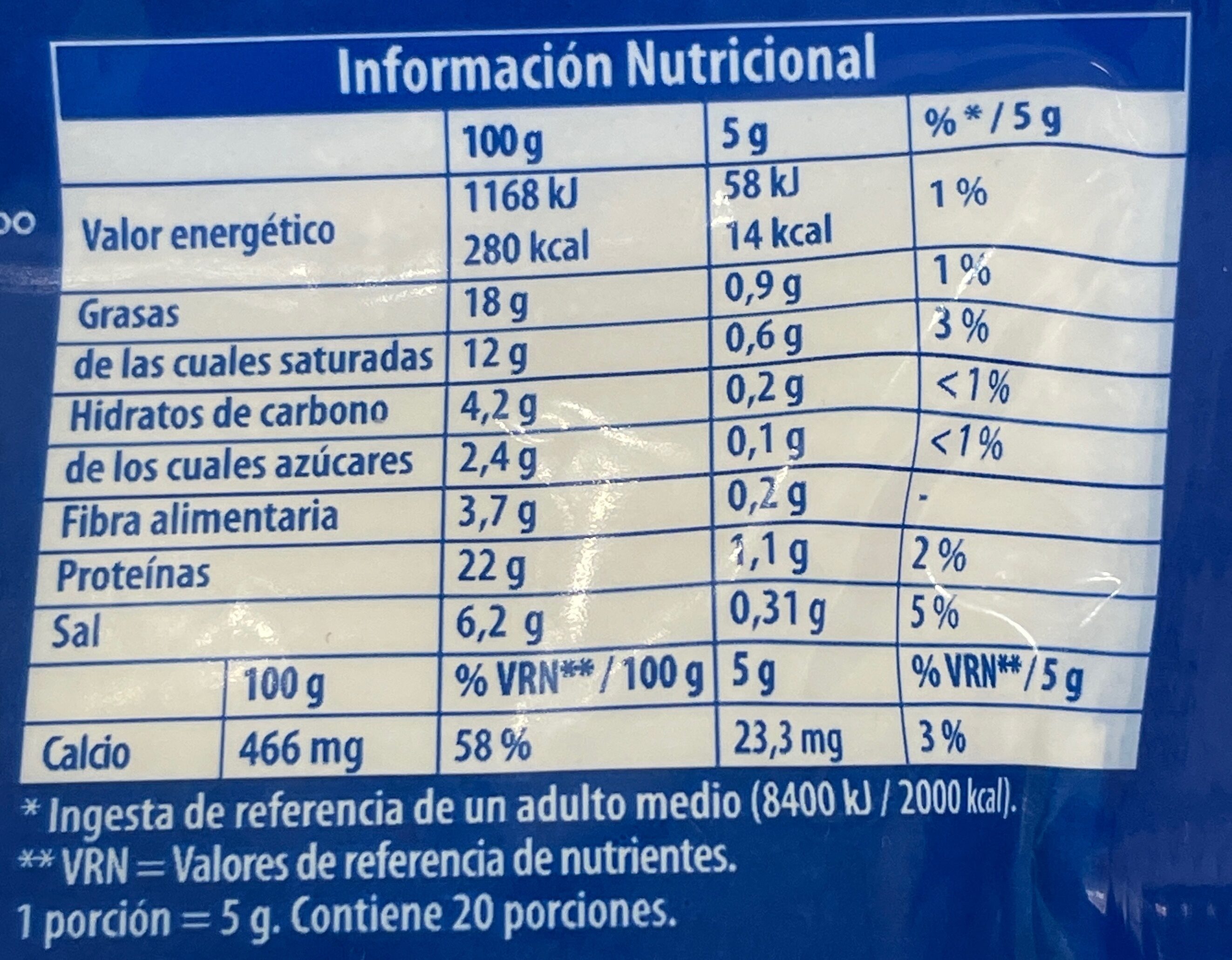Queso en polvo - El Caserio - 100 g
This product page is not complete. You can help to complete it by editing it and adding more data from the photos we have, or by taking more photos using the app for Android or iPhone/iPad. Thank you!
×
Barra-kodea: 7622201107376 (EAN / EAN-13)
Kopurua: 100 g
Markak: El Caserio
Kategoriak: en:Queso
Etiketak, ziurtagiriak, sariak:
en:Green Dot, en:Rico en calcio, en:Rico en proteinas
Traceability code: ES 15.00130/IB CE
Saltzen diren herrialdeak: Espainia
Matching with your preferences
Ingurumena
Ontziratzea
Transportation
Report a problem
Datuen iturria
Product added on by kiliweb
Last edit of product page on by vegan-app-chakib.
Produktuaren orria -gatik editatua elcoco, emeterio, thaialagata, yuka.RjU5Uks0RlJwTUJidzhWdTB6Yms1dFJzbmM2a1prYm1lc1E5SUE9PQ, yuka.UTUwT0h2NGVucUFtc01NRitDMkxxLzkwNnNHR0FtMjBkK2tnSVE9PQ, yuka.WW9FbEVvUW5uZFVyd05nTXBRMzcrZFIxNG82Z0JqT3ZFT2NYSVE9PQ, yuka.sY2b0xO6T85zoF3NwEKvlm1uC8fnpxfaZkDikkOXx46od6LXZo1qy7amKKs.











